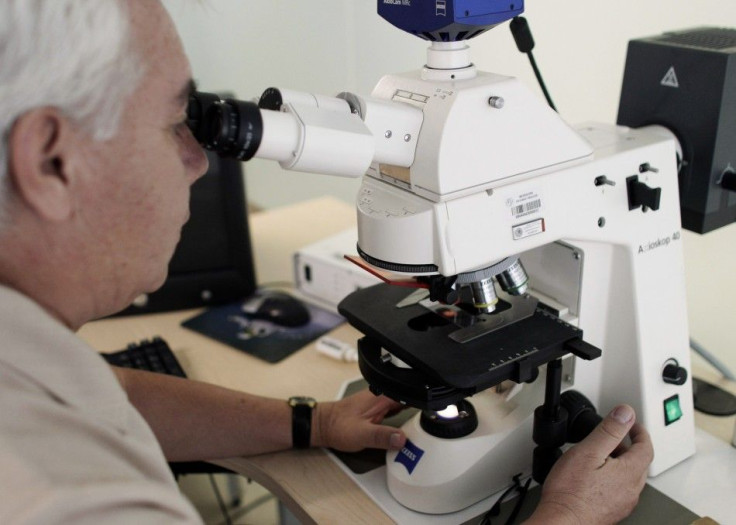Book of Life Revealed, Issues Remain How to Read It

Researchers deciphered the human genome, the book of life 10 years ago, a landmark that ushered in the era of personalized medicine, not yet a hoped-for wide-sweeping reality.
For example, four genetic pioneers whose own genomes had been deciphered said interpreting their own books of life gave some medical insight, but still remained difficult to make sense of even years later.
I didn't get anything useful from it, no I didn't, James Watson said to laughter from the audience Tuesday at the opening of the world's largest gathering of human genetic researchers in Montreal, Canada.
Watson famously shared the Nobel Prize with Francis Collins in 1962 for their discovery of the structure of DNA, and is now chancellor emeritus at Cold Spring Harbor Laboratory. He became the second person in the world to have his genome sequenced or deciphered.
We didn't know what most of [Watson's genetic blueprint] meant at all, said James Lupski, professor at Baylor College of Medicine in Houston, Texas, who was part of the team that deciphered Watson's genome. We didn't find anything we could make a clinical picture out of.
Lupski later added, We are hopefully going to be in a tremendous learning decade.
The panel also included Seong-Jin Kim, the first Korean to have his genome sequenced and researcher at CHA University of Medicine and Science along with Marjolein Kriek of Leiden University, the Netherlands, a geneticist who became the first woman to have her genome deciphered.
The discussion occurred at the 12th International Congress of Human Genetics being held in Montreal until Saturday.
Watson found out he had a variation in a gene that increases breast cancer risk, an interpretation that was later downgraded to little increased risk, he said.
When asked what direction he would like genome research to take, Watson said, I'd like to see increasing numbers of children who have mental illness to be sequenced with their parents. Watson has a son diagnosed with schizophrenia.
It won't make their child healthy, but they won't have a double whammy of feeling like they did something wrong, Watson said.
Anytime some child comes into the hospital with a mental illness, it would be immoral not to sequence them and their parents, Watson said.
Watson declined to find out about only one gene out of the estimated 20,000 genes in humans: a gene linked to increased risk of Alzheimer's disease.
Some of the pioneers discovered potential diseases lurking in their genomes.
Kim said he had an increased risk of macular degeneration, a disease that causes a slow onset of blindness.
I am diligently taking preemptive steps in dealing with age-related macular degeneration, Kim said, including diet and exercise.
In one cheeky example, Kim convinced his wife to get an LED television because it does not produce UV rays that can be harmful to eyes.
So I convinced my wife to make a switch, Kim said,
That is a great excuse, I like that, said Kevin Davies, editor-in-chief of Bio-IT World and Author of The $1,000 Genome, who moderated the panel discussion.
Lupski spent years on an odyssey to try and find out whether he was susceptible to debilitating Charcot-Marie-Tooth neuropathy that causes degeneration of nerves.
He found out that he was not susceptible to the disease.
I think there is tremendous value in the sequencing, he said.
There are still ethical, legal and medical issues to be resolved with genome sequencing. Legislation is not going as fast as the science, Kriek said, who declined to reveal genes linked to colon cancer risk. Her father had colon cancer.
She said one of the reasons to release her genome sequence was to educate the public.
It's not as scary as everything thinks, it's a new nudity that people have to get used to, she said.
Watson, a self-proclaimed pragmatist, said, I'm more worried that we'll get a flood of information and we won't use it because of privacy concerns.
© Copyright IBTimes 2024. All rights reserved.





















